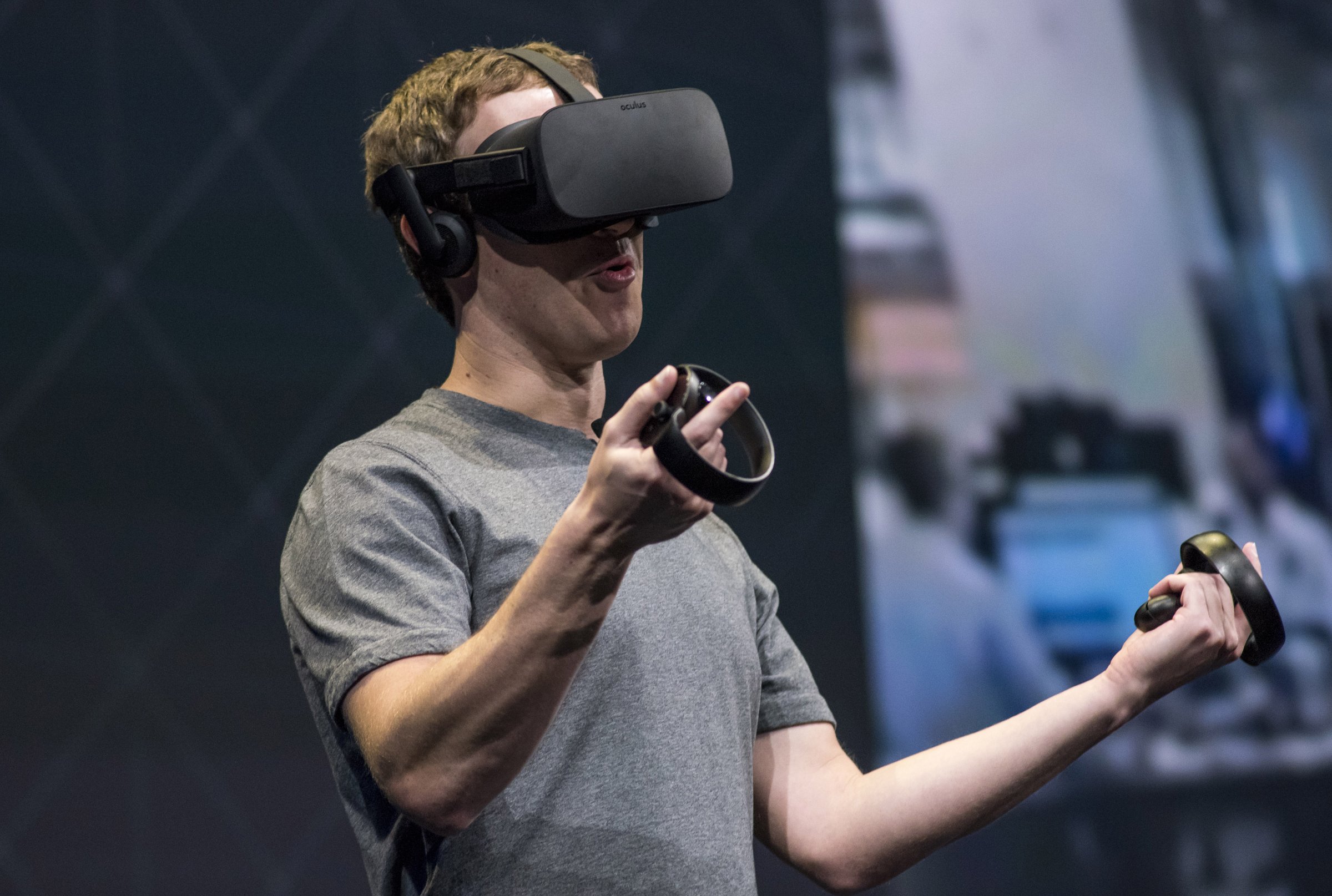
I’ve been writing a tech predictions column for nearly 30 years now. I study our research and look for trends and information that give me hints of what I believe might be the hot topics, trends or issues that will impact the tech industry in the coming year.
Here are what I believe will be the biggest trends and issues in tech for 2017:
President Trump’s Impact
It’s well known that Silicon Valley was generally not a big supporter of President-elect Donald Trump. However, technology executives are pragmatic, and they know they need to deal with his administration if they want to see their tech agenda advanced over the next four (or eight) years.
Trump’s recent meeting with leaders like Tim Cook, CEO of Apple, Satya Nadella, CEO of Microsoft, Elon Musk, CEO of Tesla and SpaceX and others allowed these leaders to share with Trump their concerns. Trump now needs to try and make sure he doesn’t do anything that hurts the tech world from making advances during his presidency. However, Trump is unpredictable, and it’s unclear what his approach to tech might be. This will be a huge issue for tech in 2017, possibly the biggest.
Augmented/Mixed Reality Will Be More Important Than Virtual Reality
Although VR is the hot tech product at the moment, with the Oculus Rift, HTC Vive and Sony’s PlayStation VR garnering much of the consumer attention, VR will mostly be used in gaming over the near future.
On the other hand, Niantic’s Pokémon Go game introduced AR to a broad worldwide audience, giving players a taste of how information and images can be superimposed on any kind of image or setting to add content and even video to the real world.
Apple CEO Cook said he believes AR is much more interesting to his company than VR. I would not be surprised if AR will be a big focus when Apple introduces its next iPhone, likely in the fall of 2017. Expect more non-Apple phones to pack AR as well, likely via Google’s Tango tech. I also believe we will see the first generation of mixed reality consumer glasses that have both AR and VR apps, although AR will be the predominant solution in this generation of consumer devices.
2-in-1 Computers Take Off
Talking with most PC vendors, especially those making Windows portable PCs, it’s becoming increasingly difficult to innovate on a traditional clamshell laptop design. Consequently, PC makers are putting most of their attention on innovating around what the industry calls 2-in-1s, which feature a tablet-style design with an attachable keyboard. (Think Microsoft’s Surface Pro lineup.)
PC vendors will also work on “convertibles,” which look more like traditional laptops but also have a touchscreen and removable keyboard. (Think Lenovo’s Yoga machines.)
The PC industry’s goal now is to move everyone over to 2-in-1 and convertible designs, as they are a more versatile computing platform. (And convincing users they need to upgrade could help juice flagging sales.)
Car buyers will increasingly demand smart automobiles
Although we’ll see plenty of news and activity around the development of self-driving vehicles, these types of cars won’t be on the market for mainstream use until at least 2022. In the meantime, consumers will be interested in finding ways to make their existing cars smarter using software like Apple’s CarPlay or Google’s Android Auto and other data-connected systems to add intelligence to any car.
Additionally, there are some interesting new smart automotive systems like one from Navdy, which adds a heads-up display (HUD) to nearly any vehicle, displaying navigation information, notifications and more. In 2017 we’ll see more car owners opt to smarten up their existing vehicles using tech like this.
Hackers and criminals will get smarter
There were around 707 million cybersecurity breaches in 2015, with 554 million in just the first half of 2016, according to Intel Security, formerly McAfee. This year, hackers are learning to use artificial intelligence to automate their attacks, making it even faster for them to break into targets’ accounts. The New York Times‘ John Markoff has more:
The alarm about malevolent use of advanced artificial intelligence technologies was sounded earlier this year by James R. Clapper, the director of National Intelligence. In his annual review of security, Mr. Clapper underscored the point that while A.I. systems would make some things easier, they would also expand the vulnerabilities of the online world.
The next generation of these tools will add machine learning capabilities that have been pioneered by artificial intelligence researchers to improve the quality of machine vision, speech understanding, speech synthesis and natural language understanding. Some computer security researchers believe that digital criminals have been experimenting with the use of A.I. technologies for more than half a decade.
Tim Bajarin is recognized as one of the leading industry consultants, analysts and futurists, covering the field of personal computers and consumer technology. Mr. Bajarin is the President of Creative Strategies, Inc and has been with the company since 1981 where he has served as a consultant providing analysis to most of the leading hardware and software vendors in the industry.
More Must-Reads From TIME
- The 100 Most Influential People of 2024
- The Revolution of Yulia Navalnaya
- 6 Compliments That Land Every Time
- What's the Deal With the Bitcoin Halving?
- If You're Dating Right Now , You're Brave: Column
- The AI That Could Heal a Divided Internet
- Fallout Is a Brilliant Model for the Future of Video Game Adaptations
- Want Weekly Recs on What to Watch, Read, and More? Sign Up for Worth Your Time
Contact us at letters@time.com